Tag: state house
-
All 40 seats in the Alaska House of Representatives are up for election this year

Elections for all 40 seats in the Alaska House of Representatives are taking place on Nov. 5, 2024. Ballotpedia identified elections in 15 districts as battleground elections. Members of the Alaska House have formed multipartisan majority coalitions including both Democrats and Republicans after every election since 2016. Although Republicans won a majority of seats in…
-
One seat could determine Republican supermajority in North Carolina state House elections

All 120 seats in the North Carolina House of Representatives are up for election on Nov. 5, 2024. Heading into the election, there are 70 Republicans, 48 Democrats, and two vacancies in the House. Three incumbents — one Democrat and two Republicans — lost in the primaries. Click here to learn more. After the 2022…
-
Wisconsin to hold first Assembly elections in November since redistricting
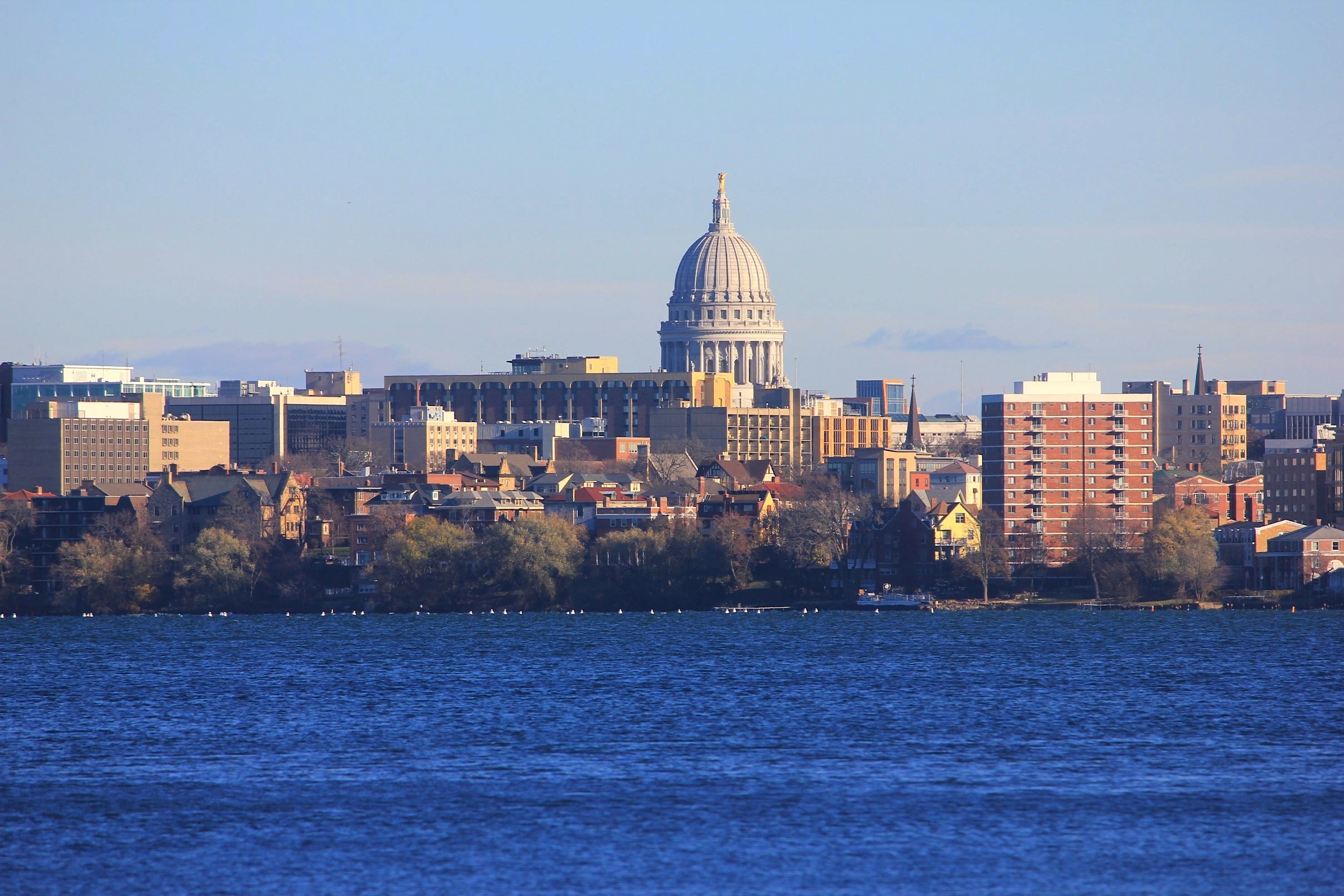
Elections for the Wisconsin State Assembly will take place in 2024. The general election is on November 5, 2024. The primary was August 13, 2024. The filing deadline was June 3, 2024. Wisconsin is is one of 44 states holding regular legislative elections across 85 of 99 state legislative chambers. Four incumbents lost in the…
-
Thirteen Republican primary runoffs took place for Texas House of Representatives on May 28
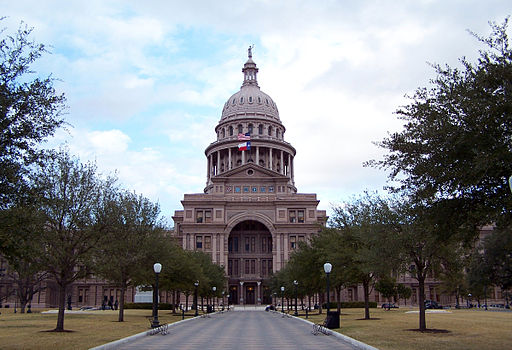
Thirteen Republican primary runoffs for the Texas House of Representatives took place on May 28, 2024. Eight primary runoffs had an incumbent on the ballot, and the incumbent lost in six of those runoffs. There were 59 contested Republican primaries on March 5, 2024, 46 of which had an incumbent on the ballot. Nine incumbent…
-
Results from Mississippi’s battleground House primaries
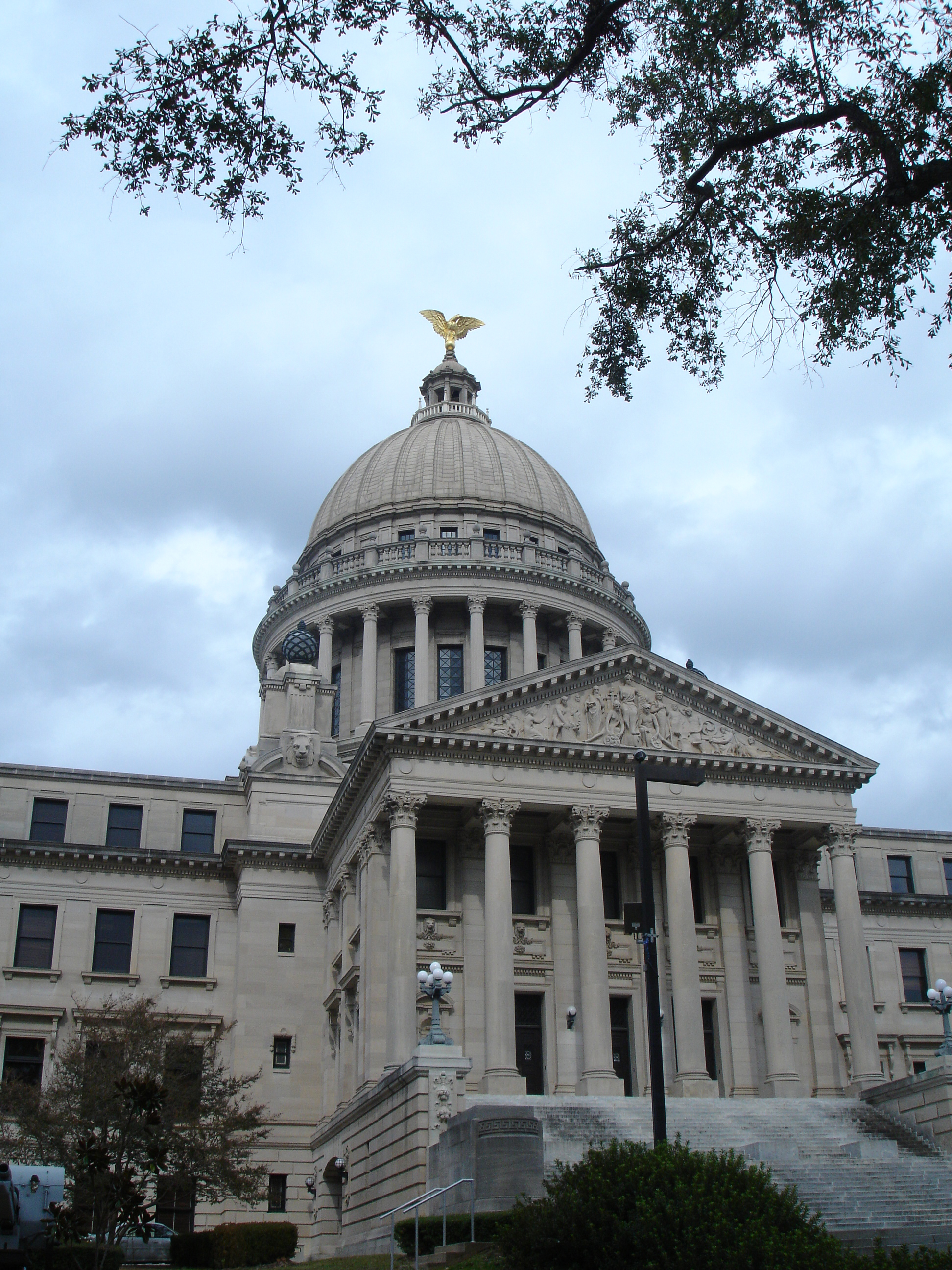
Mississippi voters decided 44 contested state House primaries on Aug. 8, a decade-low for the chamber, down one from the previous low in 2019. Ballotpedia identified six battleground primaries in the chamber: one between Democrats and five between Republicans. In Mississippi, a candidate wins a primary outright if they receive a majority vote. Otherwise, the…
-
All candidates for Mississippi House of Representatives District 33 Republican primary complete Ballotpedia’s Candidate Connection survey

All three candidates running in the August 8, 2023, Republican primary election for Mississippi House of Representatives District 33—Jonathan Dantzler (R), Jim Estrada (R), and Dennis Nowell (R)—completed Ballotpedia’s Candidate Connection survey. These survey responses allow voters to hear directly from candidates about what motivates them to run for office. Eight of the country’s 99…
-
All candidates for Virginia House of Delegates District 54 complete Ballotpedia’s Candidate Connection survey

All three candidates running in the June 20, 2023, Democratic primary for Virginia House of Delegates District 54 — Bellamy Brown, Katrina Callsen, and David Norris — completed Ballotpedia’s Candidate Connection survey. These survey responses allow voters to hear directly from candidates about what motivates them to run for office. Here are the candidates’ responses to…
-
Election legislation roundup: Wisconsin State Assembly
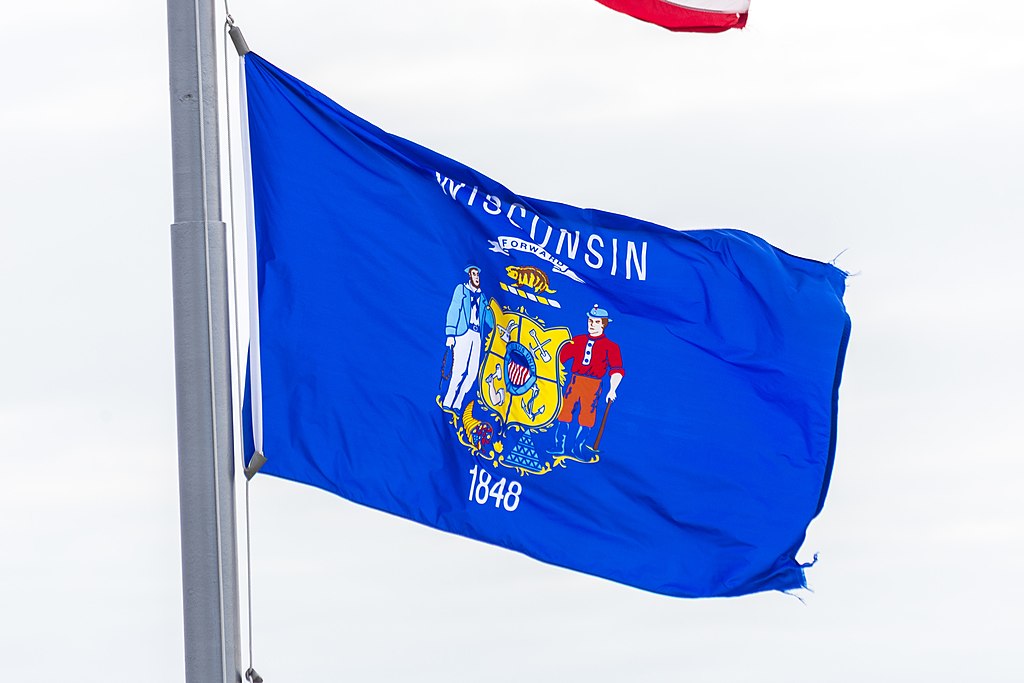
As of March 5, Ballotpedia has tracked four election-related bills in the Wisconsin House of Representatives since the beginning of the year. Of the four, Ballotpedia tracked one from Feb. 27-March 5. Republicans sponsored the bill. The bill is: WI AB76: Restoration of the right to vote to a person barred from voting as a…
-
Election legislation roundup: Florida House of Representatives
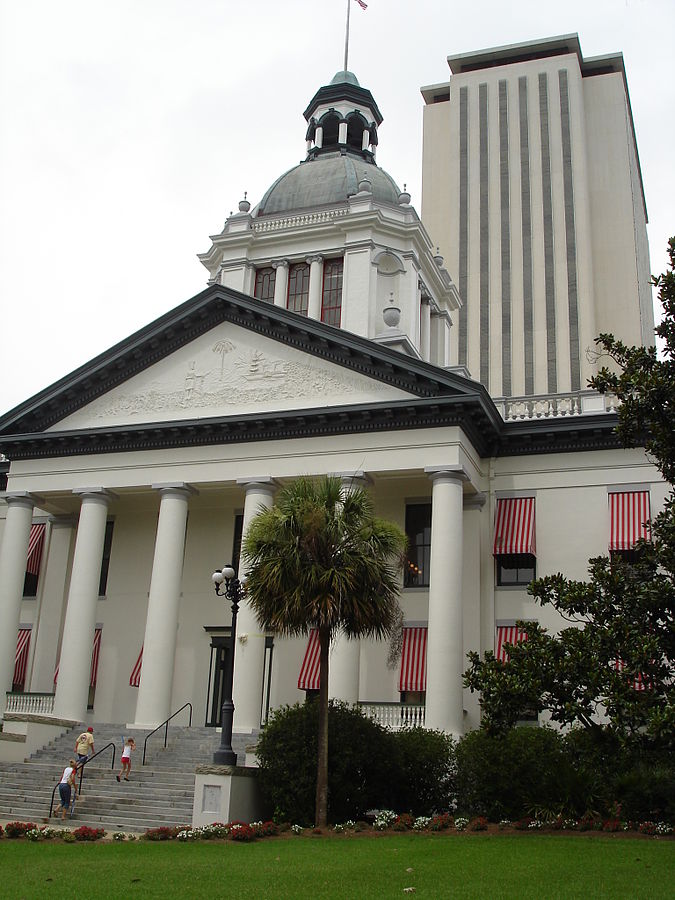
As of March 5, Ballotpedia has tracked eight election-related bills in the Florida House of Representatives since the beginning of the year. Of the eight, Ballotpedia tracked four from Feb. 27-March 5. Republicans sponsored three, while Democrats sponsored one. The four bills are: FL H1249: Limited English-proficient Voter Assistance, Reps. Kristen Arrington (D), Lisa Dunkley…
-
Election legislation roundup: Iowa House of Representatives
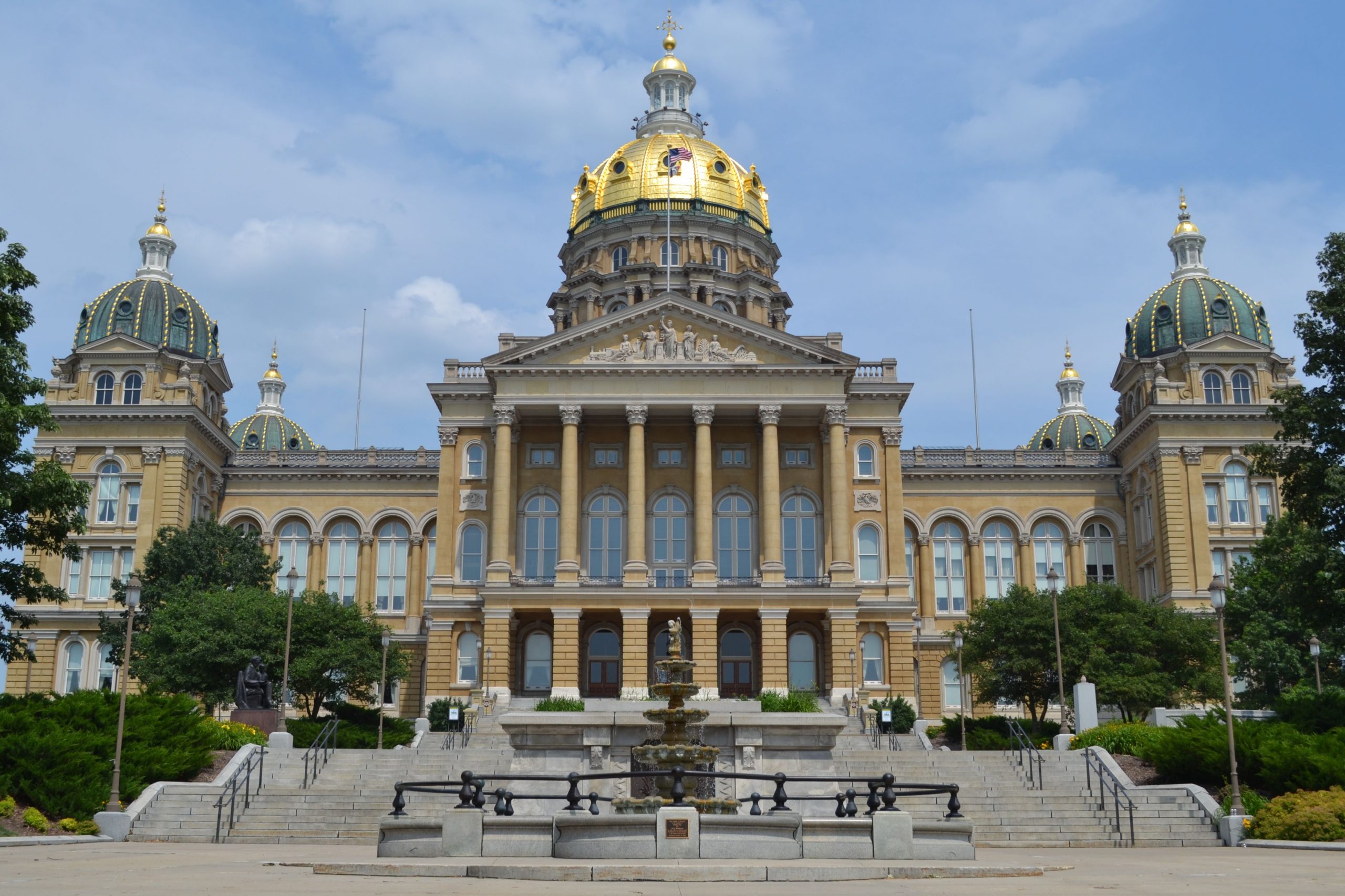
As of March 5, Ballotpedia has tracked two election-related bills in the Iowa House of Representatives since the beginning of the year. Of the two, Ballotpedia tracked one from Feb. 27 to March 5. The one bill is: IA HF470: A bill for an act relating to the conduct of elections, including provisions related to…

